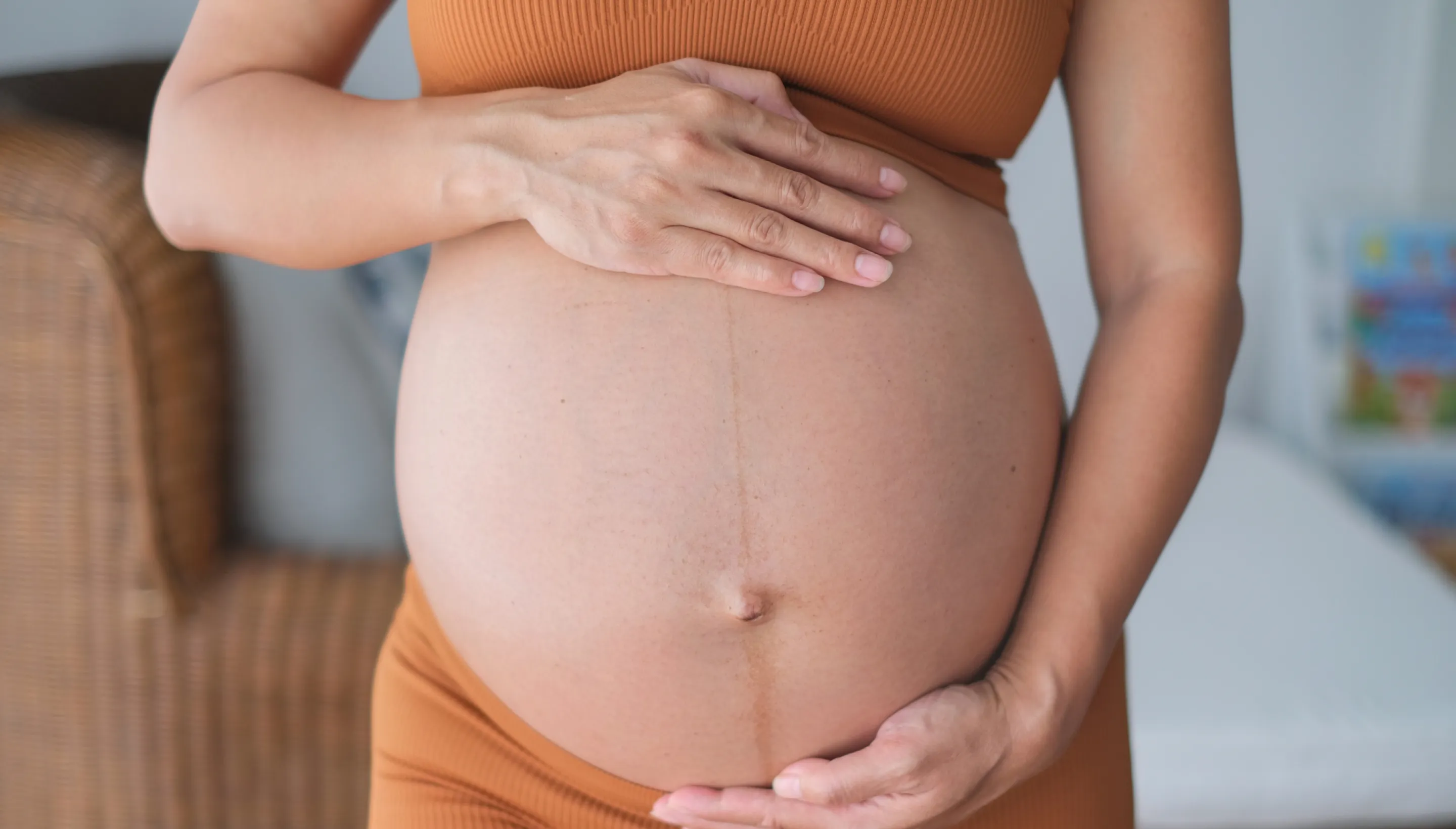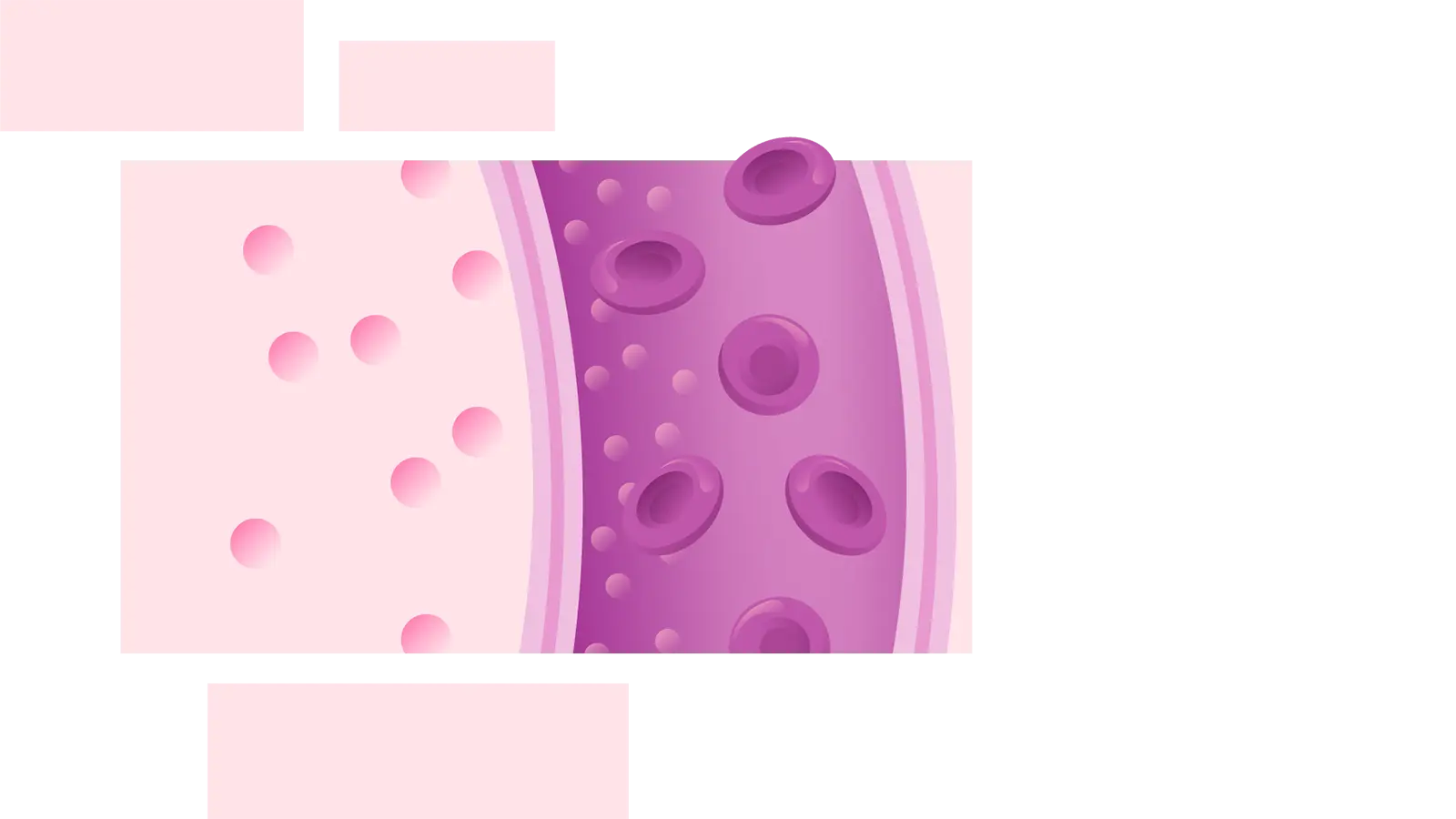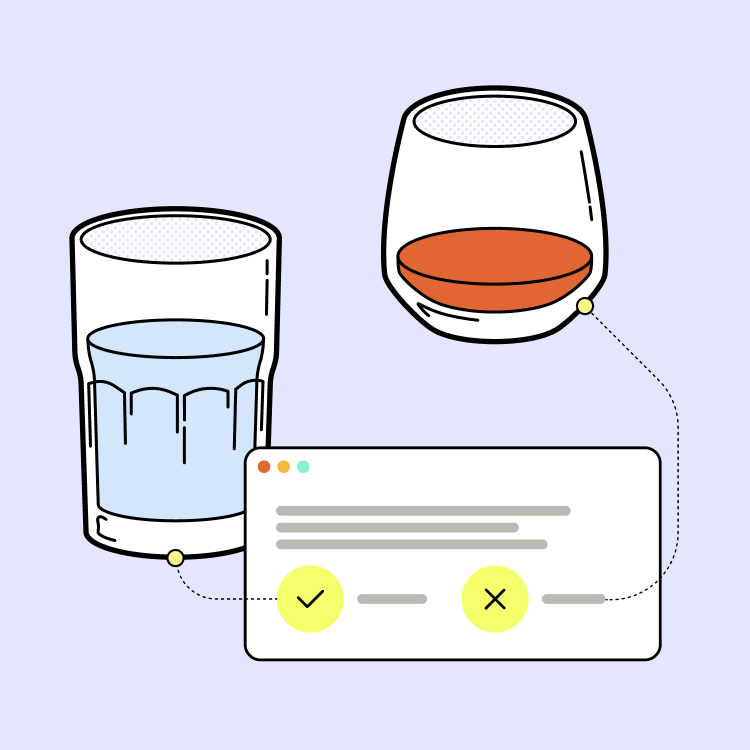Some of the alcohol you drink passes through the placenta and into your baby’s bloodstream. The more you drink and the more frequently you do so, the more alcohol reaches your baby.
Drinking heavily, and often, exposes the baby to levels of alcohol that may put its development at risk. It’s well established that children born to mothers who drank heavily during pregnancy may have irreversible physical, behavioural and mental problems that can last a lifetime (1-3). These problems are the result of Fetal Alcohol Spectrum Disorder (FASD) (4), of which the most severe form is Fetal Alcohol Syndrome or FAS (5, 6).
There’s little evidence around occasional light drinking during pregnancy and how it may affect a developing fetus. However, since a safe threshold has not been established, erring on the side of caution is a good idea. While the developmental problems linked with FASD and FAS are the result of heavy drinking, it’s best for pregnant women not to drink alcohol at all (7, 8).
It’s also a good idea to avoid drinking if you’re intending to get pregnant since you may not know immediately that you have conceived. If you discover you’re pregnant and have been drinking, you should speak to your health professional.







